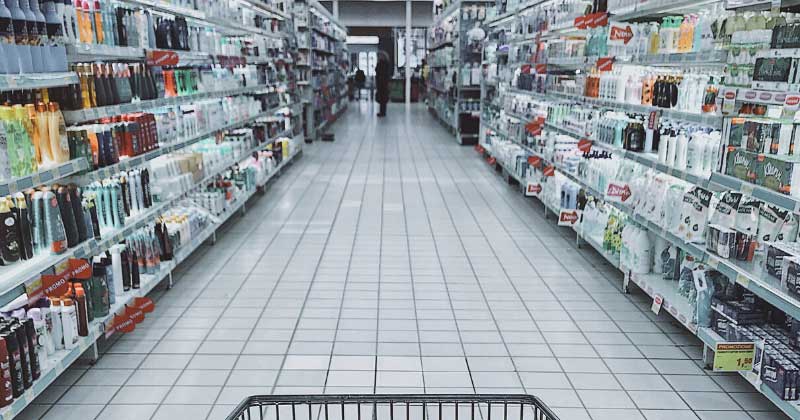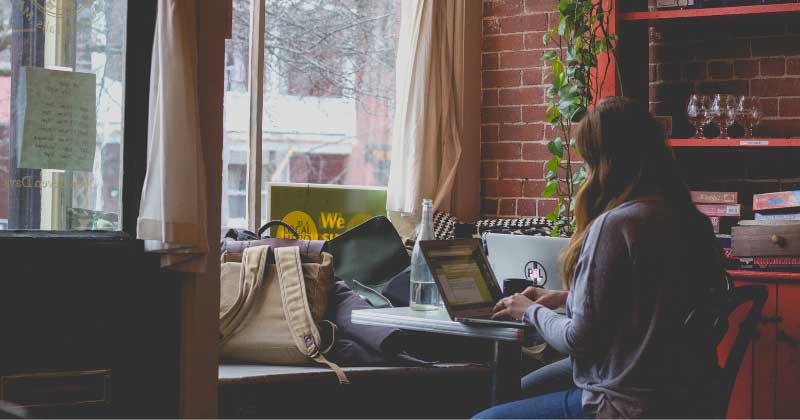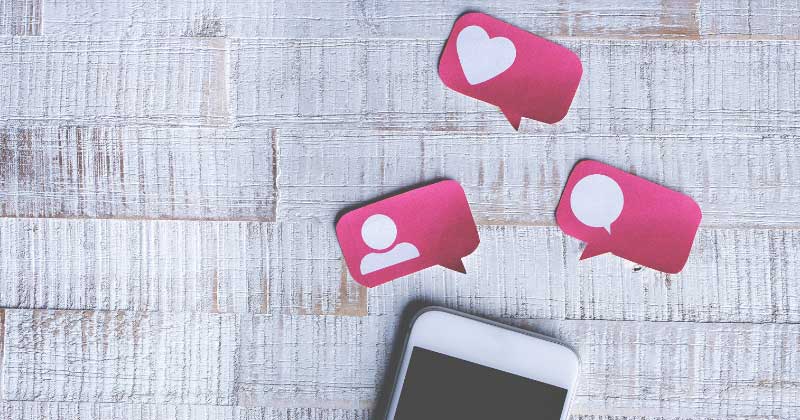
The Dark Fascination Surrounding Pandemic Hoarders on Social Media
We’ve all heard or seen stories about hoarders during the COVID-19 pandemic: the carts upon carts of canned goods, the empty racks of hand sanitizer, the toilet paper hoarding. What’s worse – or better, depending on your perspective – is that people are documenting their hoarding through social media.
Let’s be clear: hoarding is, at its core, an unhealthy practice. Hoarding during a health crisis like a pandemic is also irresponsible and harmful, as this limits the availability of supplies for people who may need it more, like health care workers and sick people. However, people who have the means and inclination to do so are hoarding essential supplies while broadcasting their “loot” through social media – and it’s dividing opinions in online communities.
Logicbase Interactive takes a peek into the situation.
THE RATIONALE BEHIND STOCKPILING
During a crisis, it’s natural for people to want to be prepared materially, if not psychologically. This phenomenon is well-documented in both medical communities and pop culture; in fact, there are shows like Hoarders and Doomsday Preppers that delve into the mindset of hoarders, and how their living situations affect their decision to hoard.
The thinking behind stockpiling or hoarding is this: the more prepared you are, the better your chances will be of surviving the crisis. Any crisis. England’s Brexit caused a relatively mild hoarding spree back in 2016, and states like Florida have historically had a problem with hoarders during hurricane season.
However, these crises have not reached the same fever-pitch documentation that has served as unofficial timeline markers during the COVID-19 viral outbreak.
SOCIAL MEDIA’S ROLE
Thanks to social media platforms like TikTok, Instagram, and Twitter, people are posting about their hoards in real time – and receiving equal amounts of praise and backlash for it.
There is a morbid fascination for hoarding behavior, as evidenced by the fact that hoarding posts on social media have gone viral (and memetic) – several news outlets have written posts revelling or reviling hoarders and resellers.
The immediate social media backlash to hoarding has also affected law enforcement responses to such behaviors. In a notable case, two Tennessee brothers, Matt and Noah Calvin, are now under investigation by the state’s attorney general for profiteering, after they hoarded nearly 18,000 bottles of hand sanitizer with the intention of reselling them online at a substantial markup. Other countries have also enforced anti-hoarding restrictions with their respective marketplaces, with agencies taking to social media and publicly denouncing hoarding practices. In some countries like Indonesia and the Philippines, hoarding has even been criminalized.
THE DARK ENTERTAINMENT OF PANDEMIC HOARDERS
This hasn’t deterred hoarders, however, much less kept them from posting about their hauls online.
In the Philippines, a photo of a grocery bill amounting to PHP 950,636.00 (USD 18,670 at conversion rates as of this writing) gained almost unanimous revulsion from netizens, causing the hashtag #eattherich to trend on twitter. Law enforcement in Hong Kong are cracking down on face mask “black markets” using social media photos as evidence. TikTok users are also being called out for taking advantage of the pandemic by posting hoarding photos, with some intentionally going out to shop despite shelter-at-home orders from their local governments, putting themselves and others at risk of infection.
For social media platforms, these posts are a hit – for better or worse. Hashtags like #hoarding have gotten thousands of tweets on micro-blogging platform Twitter, and call out posts on Facebook and Instagram have gotten lots of shares and likes, respectively. Internet meme culture, in which users share captioned images referencing arcane in-jokes among each other, have adapted hoarding as a subject as well.
(sample of hoarding meme)
IN SUMMARY
Social media has highlighted and magnified the morbid fascination surrounding people overreacting to crises like a pandemic, and social media posts about hoarding are emblematic of this fascination. While it’s commendable that, on the whole, the majority of responses towards these posts lean towards humanitarian and socially aware, the celebration of these posts, whether unintentional or not, continues to feed into this particular fascination.
Should social media platforms restrict such posts? Should users be reported for these posts? Would doing either of these actions impinge on freedoms of expression, or would it be exercising civic duties, however mild?
The jury’s out regarding the answers to these questions, but as the pandemic continues to rage on, one thing is for sure – we haven’t seen the last of these hoarding posts.




